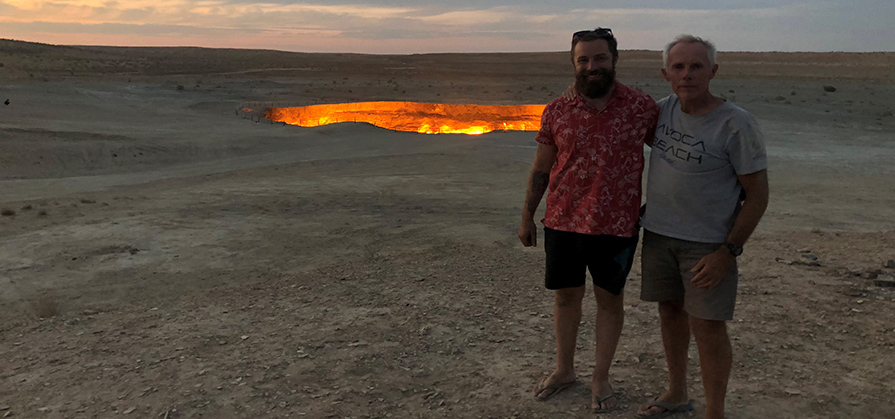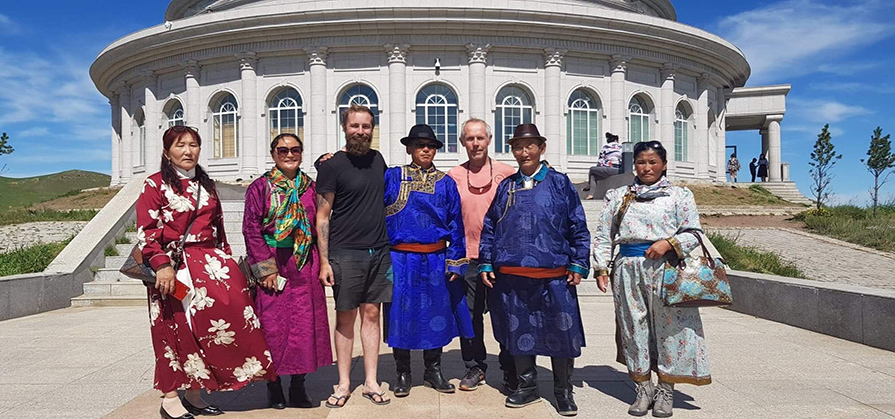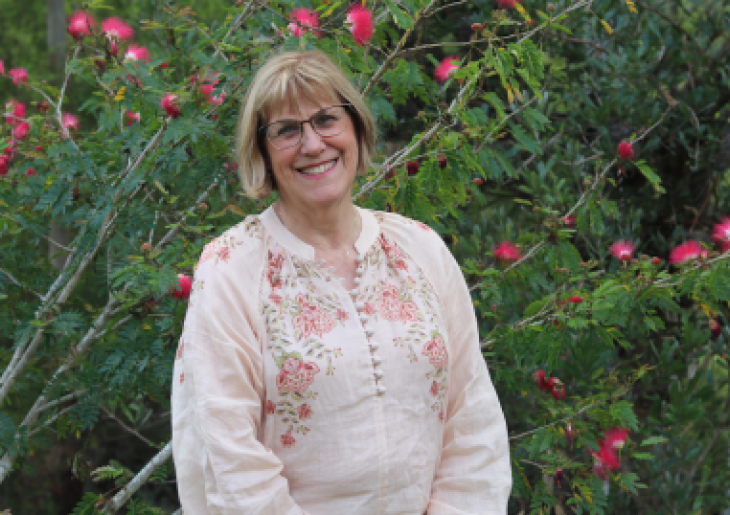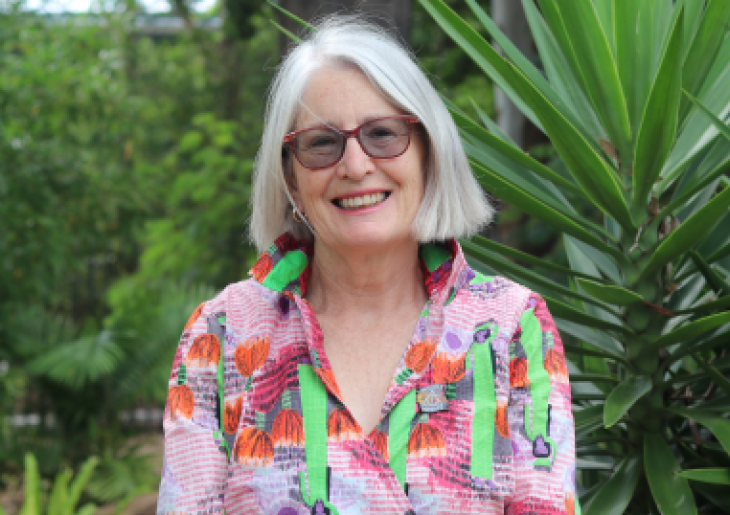Rallying for a good cause
A father and son, a beat-up Ford Fiesta, and a 16,000km trek across Europe to Russia - without a GPS. This is the drive of a lifetime that our PDHPE teacher, Jim McAtamney and his son Jacob embarked on as part of the famous Mongol Rally, raising money for charity along the way.
“When your son asks you to come on an adventure, you don’t say no.” So, after 16 months of planning and fundraising the pair set-off from England in their $500, 1.2L Ford Fiesta.
Jim and Jacob have been part of the school community for a combined total of over 44 years (Jim for 31 years as a teacher and Jacob for 13 years as a student).
For a good cause
An important element of their trip was raising money for their chosen charities.
“We chose the Black Dog Institute, a mental health support and advocacy network, as well as Cool Earth, an organisation dedicated to stopping deforestation. We are pleased to have raised over $3,500 for them,” Jim said.
Unforgettable sights
Travelling across vastly different continents exposed the pair to some of the world’s most intriguing landscapes.
They journeyed to Mount Arat, famous for being the resting place of Noah’s Ark, where nearby dwellings that are thousands of years old are built right into the mountain face.
They were intrigued by Turkmenistan which boasts the world’s biggest indoor ferris wheel, and with only 1.5 percent of the population using the internet and 95% of people working for the government. Navigating anywhere in the capital proved to be a challenge as all buildings are white and no signage is permitted.
“While there are a lot of stringent rules in Turkmenistan, there’s also some surprising aspects such as the fact they have a public holiday on July 10 every year to celebrate melons!” Jacob said.
They also drove on the ‘roof of the world’, the Pamir Highway, which gets its name from being second highest highway in the world, where they spent four days following the Panj River along the Afghan border over mountains and through rural villages.
Learning from the locals
One of the biggest lessons the duo took from the expedition was the unwavering kindness and generosity of locals.
“In Turkey, whenever we stopped for lunch or to make camp, people came up to share whatever food and drinks they had – bread, homemade jam, fruit. Whatever they had, even if it wasn’t much, they shared,” said Jacob.
There was also a warm welcome in Iran. “On the drive to Chalus we stopped to get some water. Before we could get back into the car, a man in a battered old pick-up pulled over and greeted us like old friends. He asked for photos, gave us a bag of fruit and even added me on Instagram,” said Jacob.
Overcoming hurdles
From mechanical issues and language barriers to checkpoint scams and even environmental disasters they faced their fair share of challenges.
From the outset the duo knew the journey wasn’t going to be all smooth sailing, but even they weren’t prepared for some of the challenges they faced.
In order to finish on time, Jim and Jacob were driving up to 12 hours a day, culminating in a 30-hour endurance marathon through some extremely hot temperatures.
The ultimate goal was to get to Mongolia, but the area was hit by devastating floods just two weeks before they were due to arrive, washing many of the roads away. A lack of internet meant they couldn’t get information from the teams ahead of them and to add to the pressure, their visas were for a fixed date. They took a chance and luckily arrived safely.
Lessons for the classroom
Never one to miss an education opportunity and despite some technical issues due to poor internet service, Jim recorded a series of videos that were uploaded for his students to follow along and learn all about the different countries he was visiting.
Interestingly, when asked the most important lesson he’ll take back into the classroom, Jim said it was about the impact of pollution. “I’ve been talking to our kids about how important the three R’s are – Reduce, Reuse and Recycle. We’re already really good at it in Australia and it’s important the next generation continues to set this good example,” Jim said.




